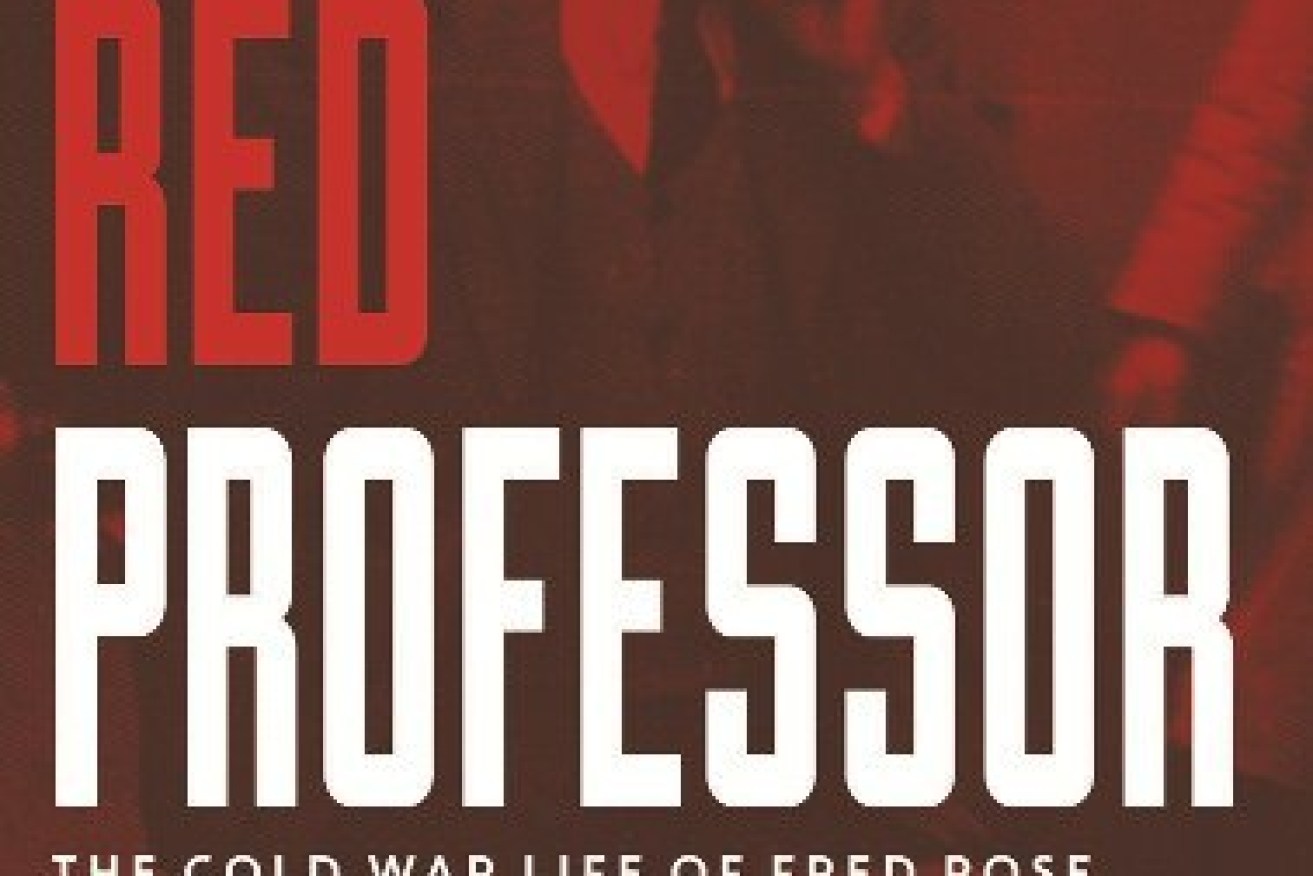
Few people can have a CV to rival Fred Rose’s: Cambridge University graduate, remote area meteorologist, anthropologist, alleged Soviet spy, eminent East German academic and Stasi informant.
To be fair, despite his questioning by the Petrov Royal Commission over suspicions that he was the agent code-named ‘Professor’, Rose’s suspected role in Australia’s 1950s Soviet spy ring was never conclusively established.
In Red Professor: The Cold War Life of Fred Rose, Flinders historians Associate Professor Monteath and Dr Valerie Munt conclude that Rose’s close association with the key figures exposed by the Petrov affair, including Wally Clayton, make the accusations of spying highly plausible: “It’s very likely that he was part of the communist network that was passing information on to the Soviets,” Associate Professor Monteath said.
Beyond his Petrov notoriety, Rose was a talented academic and pioneering anthropologist, but also a womaniser.
“He was a tall, handsome, charming man of considerable charisma,” Associate Professor Monteath said.
In addition to interviewing members of Rose’s family and former colleagues, friends and lovers, the authors undertook archival research in Australia and former East Germany to document Rose’s fascinating and turbulent life. They also had the benefit of Rose’s own version of events up until the mid-1950s in the form of his half-finished memoirs.
London-born into a conservative if humble family, Rose was educated at Cambridge in the 1930s – there is no evidence he had any contact with the university’s notorious hotbed of Soviet sympathisers – before migrating to Australia with an ambition to pursue a career in anthropology. He took up a public service job as a meteorologist, which provided a living and also took him to remote areas including Groote Eylandt, where, in his spare time, he conducted much of his fieldwork.
The contact heightened Rose’s consciousness of social injustice, and the systemic racism and neglect suffered by Australia’s Aboriginal people was a key contributor to his adoption of communism.
Rose’s job took him to wartime Melbourne and then on to Canberra, where his left-wing connections, including Clayton, led to ASIO surveillance and his eventual implication in the Soviet spy scandal. He left Australia in 1956, joining his wife Edith to live in communist East Germany, where he became a prominent academic, and also an informant for the Stasi, the state secret police.
Rose continued to visit Australia throughout the 1960s,1970s and 1980s, but governments of both persuasions remained hostile towards him, and his wish to return permanently was unfulfilled.
Rose died in 1991, perhaps fittingly just after German reunification.
“It was a life very much shaped by the ideologies of the 20th century,” Associate Professor Monteath said.
Red Professor was launched at Flinders University Victoria Square on 1 July by the Dean of the Flinders Law School, Professor Kim Economides.





